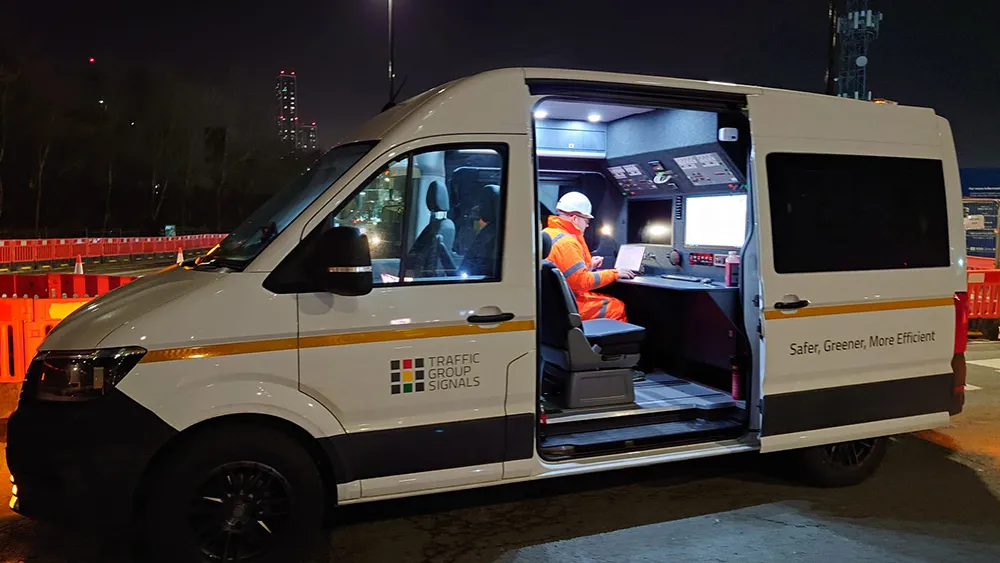AGD Systems, a UK manufacturers of ITS products, has announced two major enhancements to its 318 Traffic Control Radar.
The 318 can now detect stationary or queuing traffic. This, together with the addition of WiFi AGD Touch-setup technology and an enhanced user setup GUI, will facilitate MOVA installations and other strategic applications.
As more local authorities aim to eradicate in-ground detection from their road networks, thereby cutting the costs of installation, repair and ongoing maintenance, the AGD 318 provides a reliable, cost-effective alternative, according to the company.
The AGD 318 provides accurate virtual loop detection with speed discrimination and can emulate two inductive loops to a range of 150m or provide lane-specific detection up to 40m for a range of applications. Because it is pole-mounted, it requires no ducting or intrusive works to install. There is also no need for traffic management and the associated disruption to road users.
Now even easier to deploy thanks to the WiFi AGD Touch-setup and an enhanced GUI, the AGD 318 is virtually maintenance-free and the detection zones can easily be changed or moved, explained Ian Hind, AGD’s commercial director. AGD Systems is part of The Traffic Group.
AGD upgrades its 318 Traffic Control Radar WiFi AGD Touch-setup
AGD Systems, a UK manufacturers of ITS products, has announced two major enhancements to its 318 Traffic Control Radar.
The 318 can now detect stationary or queuing traffic. This, together with the addition of WiFi AGD Touch-setup technology and an enhanced user setup GUI, will facilitate MOVA installations and other strategic applications.
As more local authorities aim to eradicate in-ground detection from their road networks, thereby cutting the costs of installation, repair and ongoing maintenance, the
January 9, 2019
Read time: 2 mins









